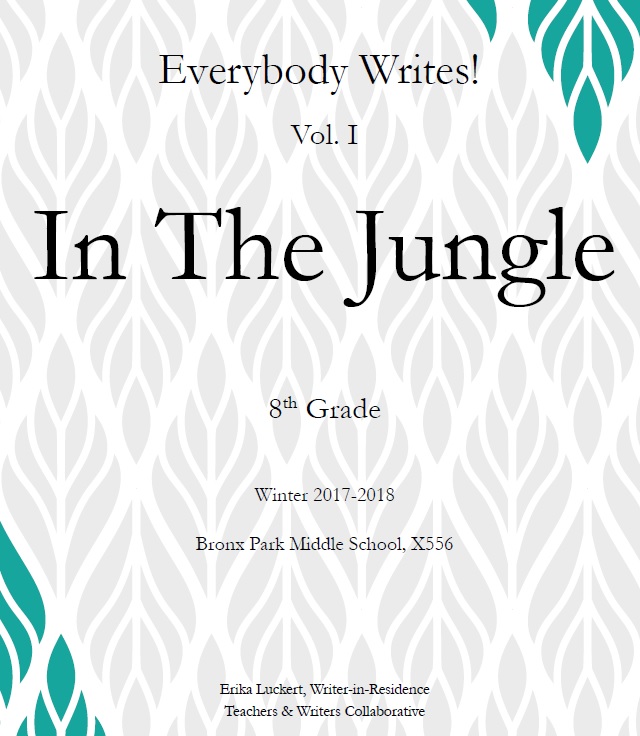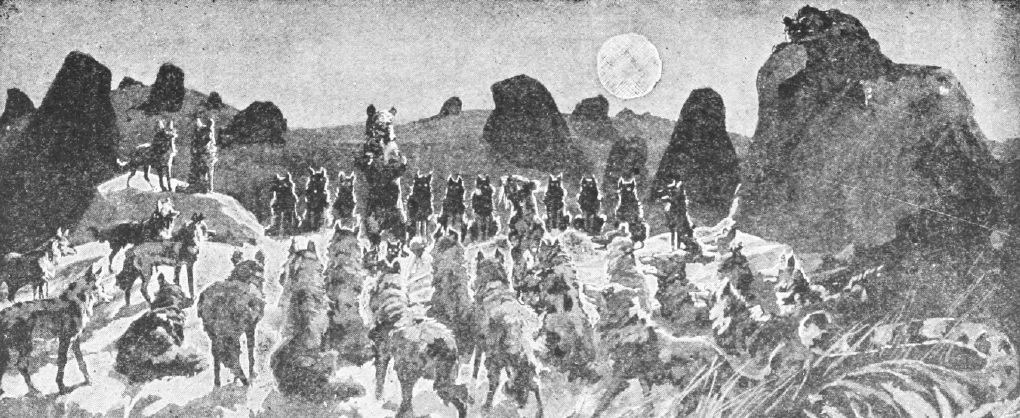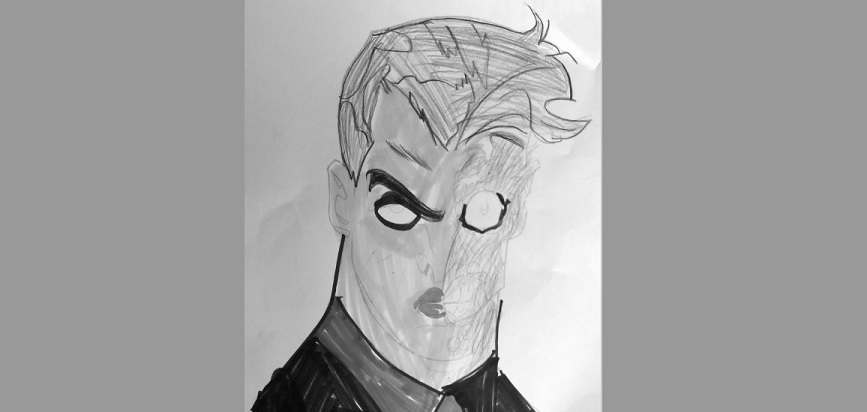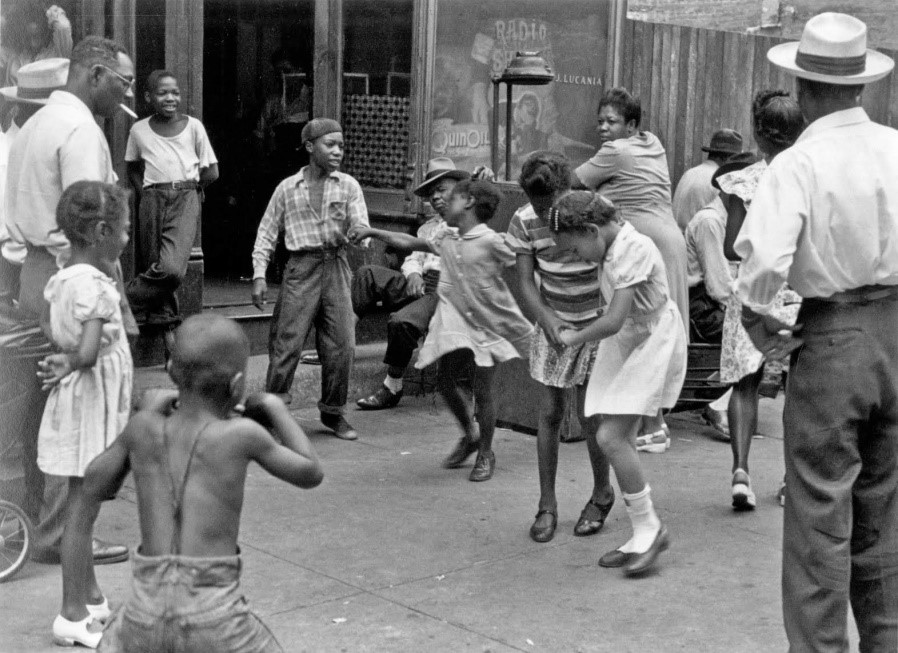
This is one of three anthologies that gather the creative work that Bronx Park students and teachers created during this residency; it features the work of 8th-grade students. I visited the 8th-grade classes during their narrative writing unit. They had read adventure stories—Rudyard Kipling’s The Jungle Book and Ray Bradbury’s The Veldt, and were working on adventure narratives of their own. Their assignment—to write a story about a child being raised by animals—required an enormous imaginative leap. These Bronx students were asked to stretch their imaginations from their own experience growing up in the urban jungle of New York City to another sort of jungle—a place with tigers, or wolves, or monkeys. To create that world, we worked on developing sensory detail for our stories, so that a reader would be able to smell, hear, see, touch, and taste the setting of their stories.
We also talked about the writing process, and learned that writing is rewriting. Thanks to the Ray Bradbury Centre at Indiana University, students were able to examine a very early draft of The Veldt, and compare it to the final, published story. They noticed that the first draft lacked detail, dialogue, and development, and so they worked on revising their own stories to include those missing parts.
Throughout our work, we asked ourselves, “What makes a story captivating?” By the end of this unit, the students had many answers to that question—dialogue, sensory detail, characters, suspense—all things that you will notice as you read these stories. The illustrations in this anthology are from Kipling’s The Jungle Book, a nod to some of the students’ inspiration in their stories. And while there are echoes of Kipling’s The Jungle Book in these tales, there are also reflections of the students’ own experience living in the urban jungle. In these stories, I see themes of resilience, loyalty, and community. They raise questions that are central to who we are: what is it to be a human? Are animals really that different from us? What does it mean to make a place your home? How can we be empathetic and kind?
Erika Luckert
Writer-in-residence
Featured Writing
Not Like Them
Ryan (8th grade)Now, we pass on to about 13 years after Ray first arrived, Ray was taught so much, he was destined for leading. He was still hated by the pride, but it never bothered by him, the rhinos were more kind towards him. Ryder the leader of the rhinos was proud of how Ray turned out, and so was Mufasa. He was taught enough. Mufasa would give him a final lesson.
“Now Ray,” said Mufasa “this is your final lesson, you’ve learned as much I could teach.”
“Why, what is it Mufasa?” asked Ray.
“You must learn your origin, or rather your ancestor’s history.”
“I already know I’m not like the lions, or rhinos. What am I, Mufasa?”
“Do you remember, when you were young the lions were running, and you heard screaming?”
“Wasn’t the screaming from the lions, I heard roars as well.”
“That screaming was from the stick-holders retreating.”
“Stick-holders?”
“Yes, that is your people. We chased them away from their homes, but know we only did it for the sake of all the animals in the savanna.”
“What do you mean?”
“They are unfair beings, they kill.”
“So do the lions.”
“We kill when needed.”
“Don’t they?”
“Not always the case, sometimes they think of us as trophies, they wear us. Sometimes they feast on animals, other times they kill excessive amounts of us just for their amusement, and they even torture.”
“Torture? How do you know of this?”
“At a young age I was taken, stuck in a box, I was raised by them, but it was horrible. Once I was old enough I was forced to fight one theirs I didn’t kill, but I had to fight my way to freedom. The one I had to fight was the one that had their eye taken by me, but they left a scar.”
“Your tail?”
Mufasa had no tail, Ray respected Mufasa so he never asked about him not having a tail like the others.
“Yes, he took my tail.” Mufasa said.
“Why, we are cruel people,” said Ray gloomily.
“They, are cruel people, not you Ray. Ryder and I taught you well, to be better than your
people.”



